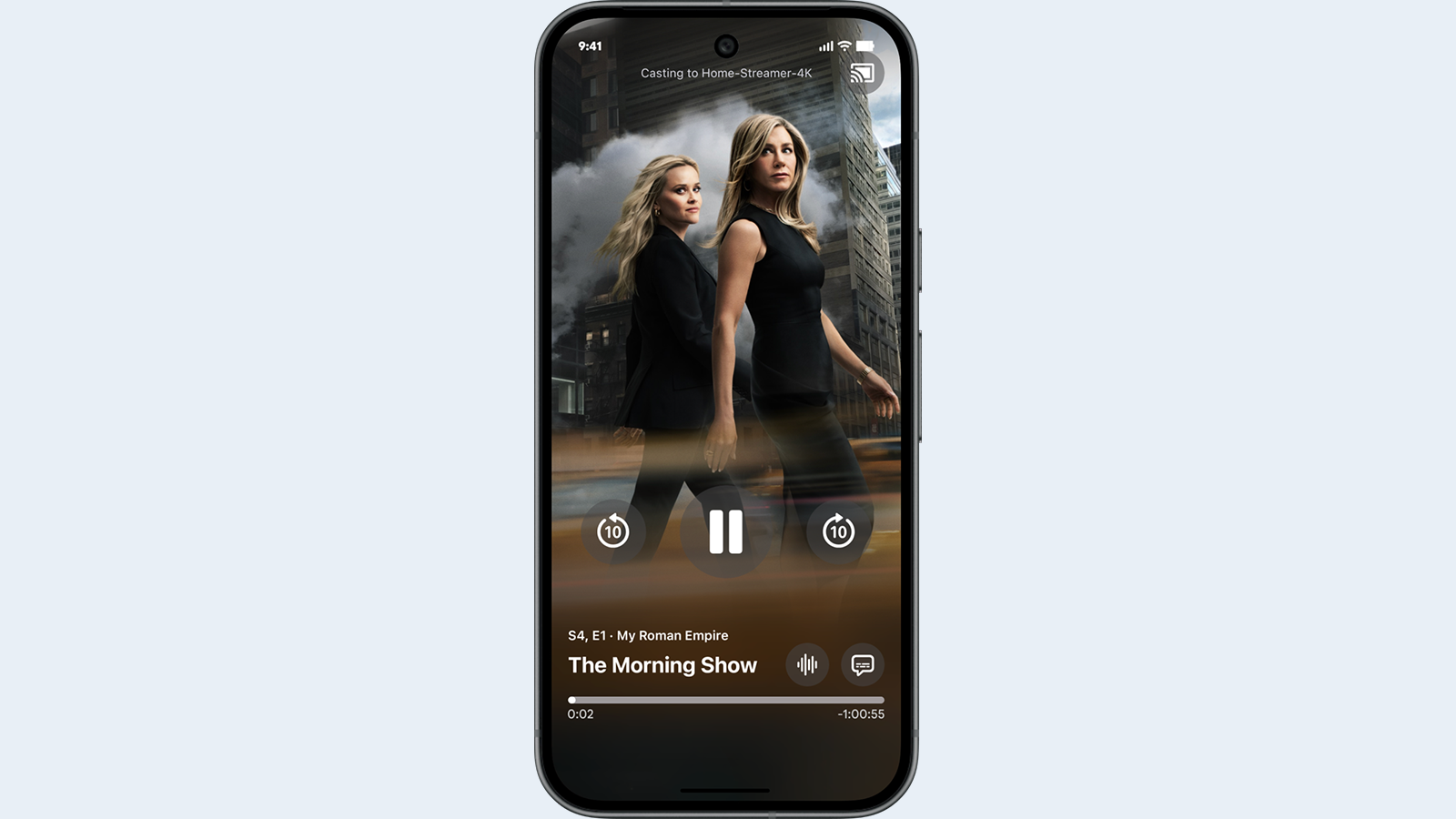Cable operators working on plan to unbundle channels
U.S. cable operators are privately working on a plan to go "a la carte," forcing program distributors to unbundle their networks and allow customers to subscribe to channels on an individual basis.
"There is a growing recognition that the current model is broken," Craig Moffett, a long-time cable analyst at Bernstein Research, told Reuters news agency.
The plan is a total reversal on the part of cable operators, who are now facing rising costs, a loss of subscribers and a loss of customers to the Internet. Over the past 10 years, the cable operators have battled with regulators to protect their right to bundle programming, arguing it offered customers the best value.
However, cable executives now admit that change has come as a weak economic recovery has forced many customers to cancel cable services. This is coupled with higher carriage costs and many people using the Web to watch programs.
Comcast and Time Warner Cable, two of the largest operators, have lost 1.2 million video customers in the 12 months to June 30, Reuters reported. These two program distributors are searching for a business or regulatory strategy to lower escalating programming costs, which have risen between 6 percent and 10 percent each year during the last decade, according to industry sources.
An "a la carte" menu of programming would allow subscribers to chose the kind of programming they want. For example, those who don't care for sports programming could drop high-cost sports channels such as Walt Disney's ESPN and ESPN 2 from basic cable packages. At about $4.00 for each subscriber, ESPN is the most expensive channel in the U.S. cable business, according to SNL Kagan.
Unbundling programming is likely to encounter fierce resistance from network owners such as Viacom or Discovery Communications. These channels want to maintain the economics of selling their most popular channels as a package with their smaller, less profitable networks. It is unclear whether the cable operators may just feature smaller bundles rather than allow subscribers a true individual choice of channels.
The professional video industry's #1 source for news, trends and product and tech information. Sign up below.
Cable and satellite companies have also had to start paying for the right to carry networks like ABC, CBS, NBC Universal and Fox. Those free-to-air broadcast networks traditionally had been carried by cable operators at little, if any, expense. The FCC require cable distributors to carry local broadcast stations, which the cable operators argue gives broadcasters an unfair advantage in contract talks.
